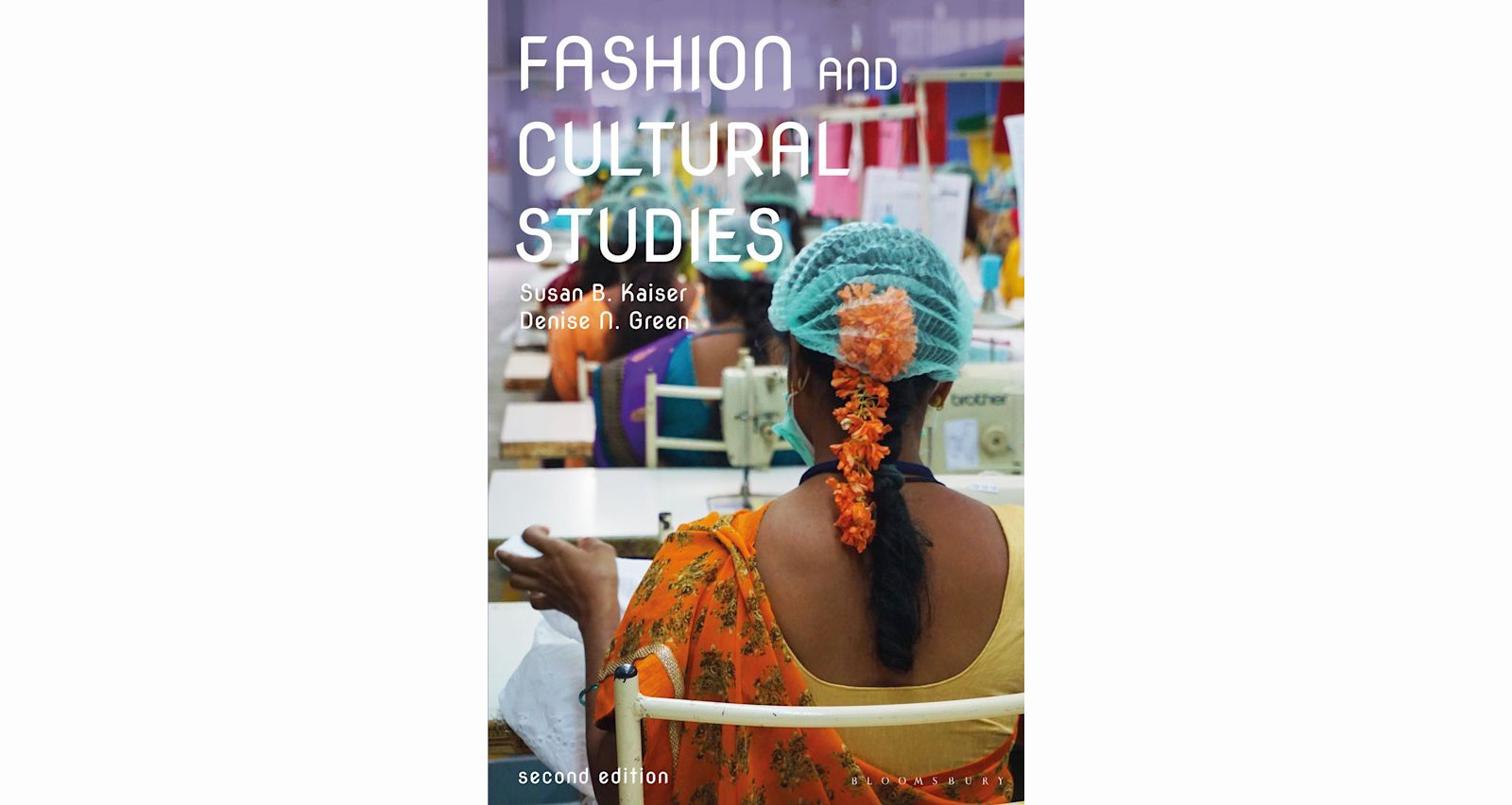In the newly updated second edition of the book “Fashion and Cultural Studies,” Denise Green and Susan B. Kaiser approach fashion as a complex institution shaped by race, class, gender and other identities.
Green and Kaiser discussed the new edition of their book in a virtual Chats in the Stacks talk at Cornell University’s Mann Library on Dec. 2.
“We really wanted to de-center the narrative of white, wealthy, thin European and American fashion which has really been dominant in lots of fashion history books and fashion studies books,” explained Green, associate professor in the Department of Human Centered Design in the College of Human Ecology and the director of Cornell Fashion +Textile Collection.
Green first encountered the work of Kaiser, who is professor emerita of design, textiles, and clothing, and gender, sexuality, and women's studies at the University of California, Davis, when she was studying at Cornell as an undergraduate. They developed a professional correspondence, and now Green has worked with Kaiser to update the latter’s 1997 text “Fashion and Cultural Studies.”

The book’s cover photo was taken by Simone Eloisa White ’22 on a department trip to India and features a female worker at a cut and sew factory.
The second edition of the book features an emphasis on the identities not only of the clothes-wearer but also the clothes-producer. Green references the book’s cover photo, taken by Simone Eloisa White ’22 on a department trip to India. It features a female worker at a cut and sew factory draped in bright coloring with fragrant flowers in her hair. “The fashion industry does an excellent job disconnecting production and consumption,” Green says. “The people who make our clothes are also fashion subjects.”
New content in the second edition includes the chapters “Religion, Fashion, and Spirituality,” and “Dressed Embodiment.” Kaiser notes the former was perhaps the most difficult topic to address, as she wanted to pay tribute to a balance of multiple religions. Meanwhile, “Dressed Embodiment” focused on the body and how sizeism and ableism is perpetuated in the notions of ‘size’ and ‘fit’ and how individuals and groups use the concept of ‘flaunting’ to fight against stigma.
Cultural context is featured in every case study Green and Kaiser feature in their book, whether it is the “queering” of country and rap in the outfits of pop artist Lil Nas X in the chapter “Racial Rearticulation and Ethnicities” or a shirt advocating a vote for Guinean independence in a 1958 constitutional referendum in “Fashioning the National Subject.”
Green and Kaiser explained in their talk that we must think about our place in the world to understand fashion, and to divest from a dominant narrative. Green encourages readers to “think through time and space and the way we are embodying that through our fashion every day.”
"Fashion and Cultural Studies" was published by Bloomsbury Visual Arts in December 2021 and is currently available to purchase. This talk was a part of Cornell University Library’s Chats in the Stacks, a series of book talks by Cornell authors about their recent work. All Chats in the Stacks for the Fall 2021 semester were held online.